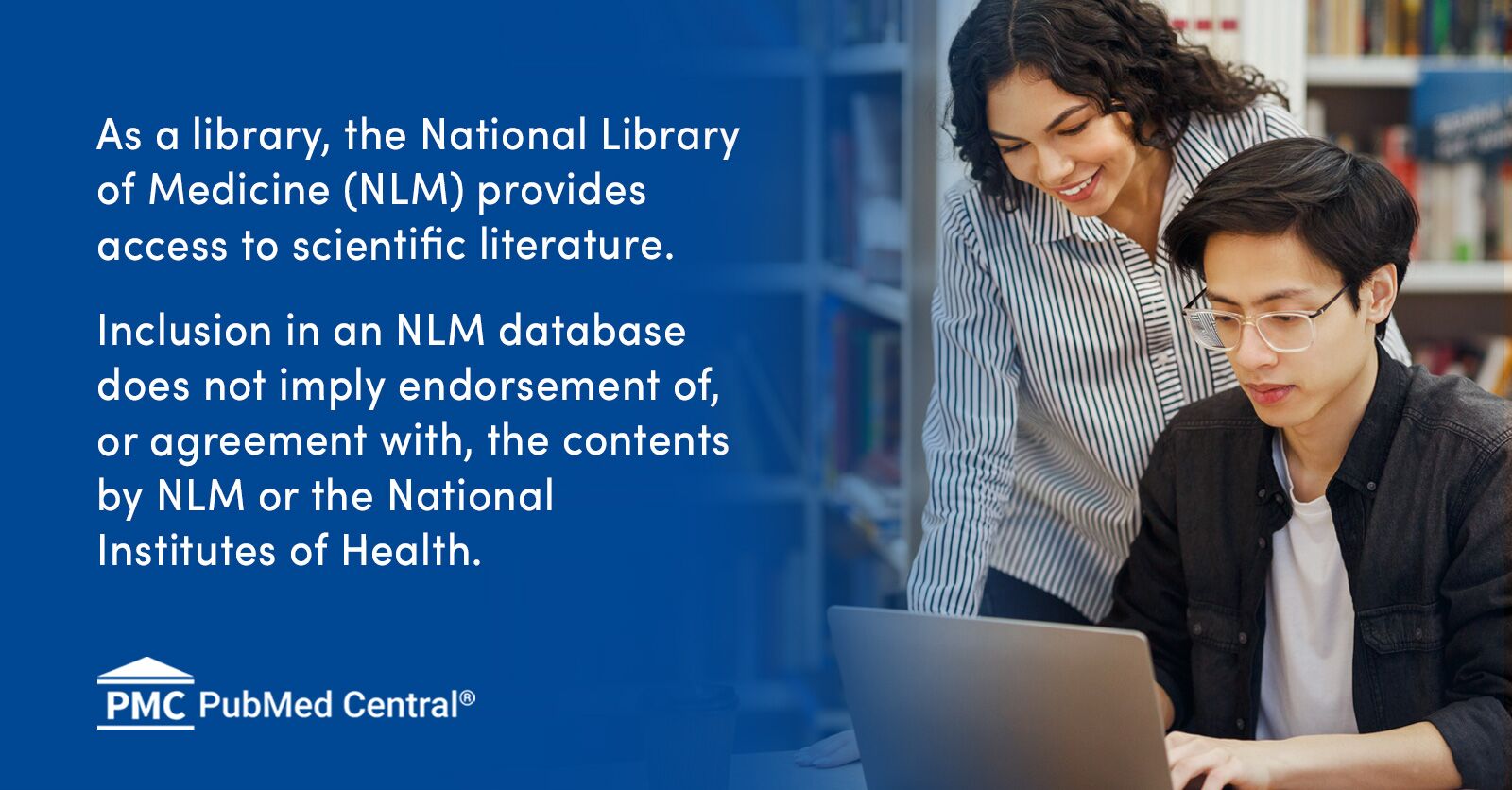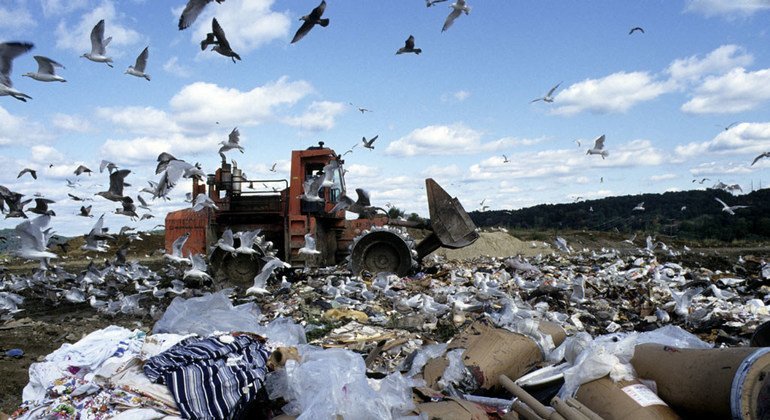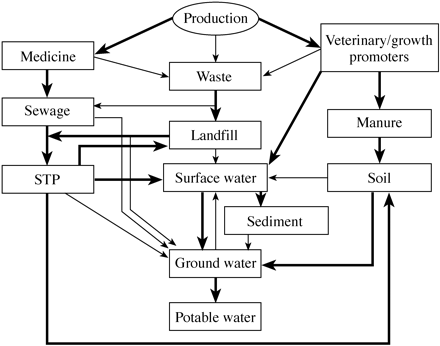I have a question, doesn't a large fraction of antibiotics (original or converted form) end up in the human feces ending up in sewers? isn't this a bigger issue to be addressed? just to be clear I am not underestimating the issue being discussed in this thread but I am just wondering.
It is more about the way it is used (DIPS-> drain) and what medications are used.
Not a general antibiotics dumping thing. But yes many atb are dumped by human urine (reason why hospital areas have shown to be associated with baterial resistance, not only inside the hospital).




















